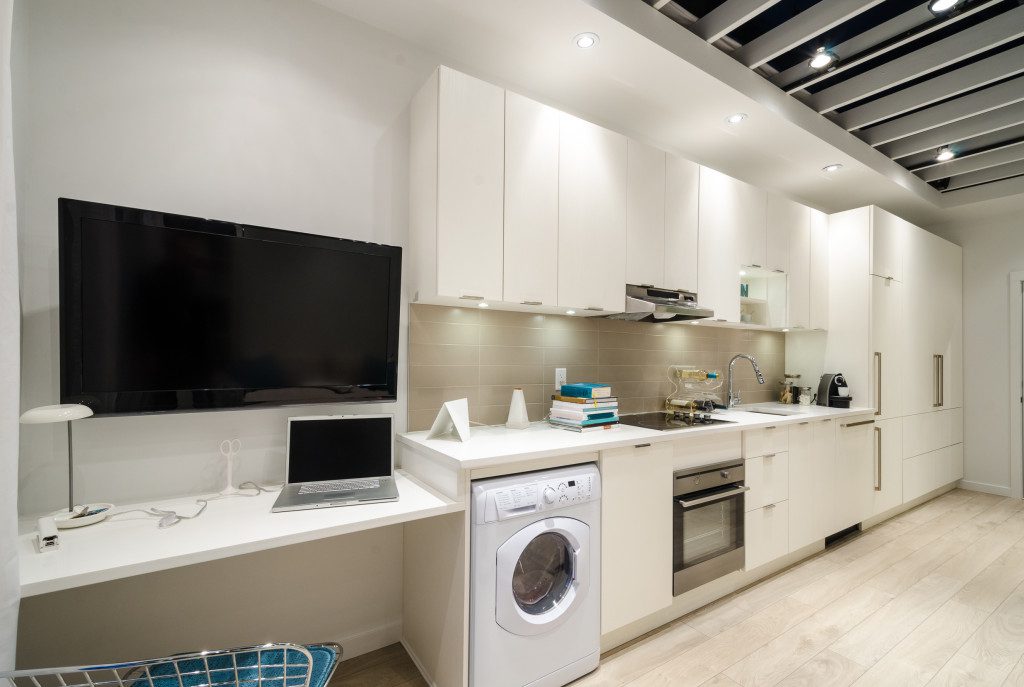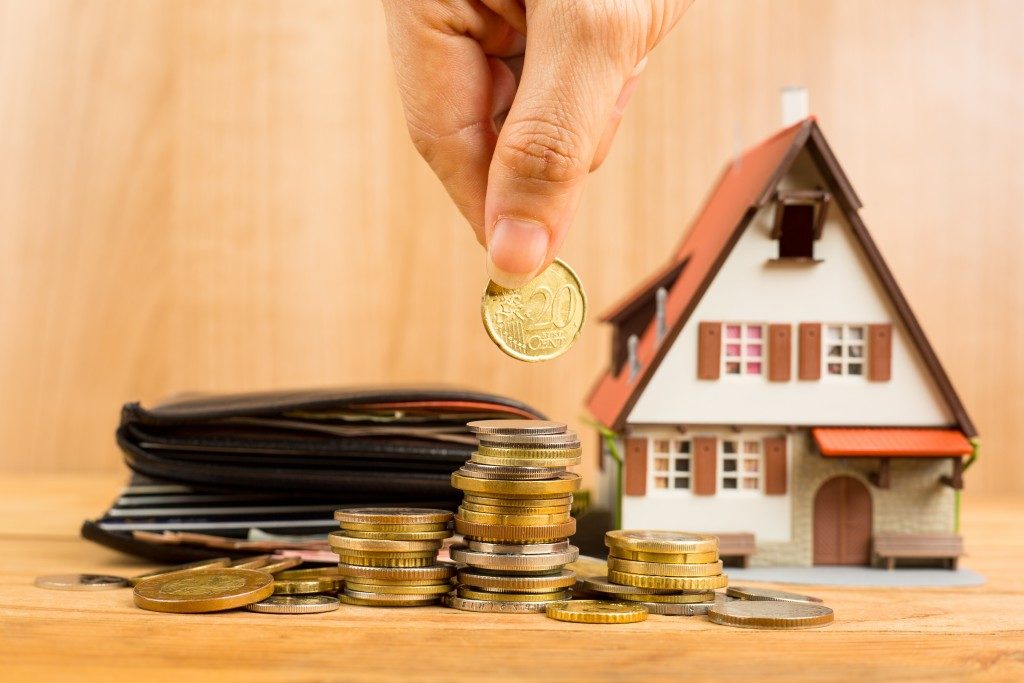- Energy-efficient home upgrades, like LED lights and proper insulation, can help reduce utility bills.
- Timely maintenance helps avert more significant, costlier repairs and contributes to a healthier home.
- Reducing non-essential expenses and cooking at home more often can lead to substantial savings.
- Negotiating rates or switching providers for utilities and services can result in reduced costs.
As the saying goes, “Home is where the heart is.” However, it is also one of the most expensive things you invest in. Maintaining a home can be a challenging task. With rising costs of utilities, groceries, and other expenses, it can be tough to make ends meet.
But you don’t have to break the bank to keep your home looking and feeling great. This blog will present a few effective ways to reduce your home-related expenses. These tips are easy to implement, and with some effort, you can save a significant amount of money in the long run.
Invest in energy-efficient upgrades.
One of the most significant expenses when it comes to maintaining a home is energy costs. With the increasing climate change crisis, being mindful of our energy consumption not only helps save money but also reduces our carbon footprint. There are lots of things you can do to reduce your energy consumption. Here are four ideas:
Upgrade your insulation.
Insulation is a crucial factor to consider when it comes to energy efficiency. Make sure your home is adequately insulated, as this can prevent heat loss during winter and reduce the need for air conditioning in the summer.
Employ the help of a trusted insulation company to ensure that your insulation is installed correctly. They can also help you find any gaps or cracks in your insulation that may be causing energy loss. This simple upgrade can save you hundreds of dollars on utility bills each year.
Switch to LED light bulbs.
LED light bulbs are more expensive than traditional incandescent or fluorescent bulbs, but they last much longer and use less electricity. They are also available in various shapes and sizes to fit any fixture, making them a cost-effective investment.
Use natural light.
Open up your curtains or blinds during the day to let natural light into your home. Not only does this reduce the need for artificial lighting, but it also has numerous health benefits, such as boosting vitamin D production and improving mood.
Invest in energy-efficient appliances.

When it’s time to replace an old appliance, consider investing in an energy-efficient model. Look for the ENERGY STAR label when shopping for devices like refrigerators, electric stoves, dishwashers, and more. These are designed to use less electricity while still providing the same performance.
With these energy-efficient upgrades, you can reduce your energy consumption and save money on utility bills while also doing your part to help the environment.
Make minor repairs before they become big problems.
Regular maintenance and upkeep are essential for a home to be healthy and functional. Often, an issue that can be quickly fixed can become a more significant, expensive problem if left unattended. It may be tempting to put off minor repairs due to their cost, but this can lead to more severe and costly damage later. Be proactive when it comes to home maintenance, and address issues as soon as they arise.
Cut down on unnecessary expenses.
Every home has different priorities when it comes to expenses, but it’s essential to make a budget and stick to it. Consider cutting down on luxuries and non-essential expenses. For example, reduce the frequency of your takeout orders or dine out less to save money and cook at home more often instead. Small changes in your spending habits can go a long way in saving money.
Switch providers or negotiate rates.

Lastly, it’s not uncommon for people to pay more for services than they should. Consider switching to a provider that offers better deals or negotiate rates with your current providers. Negotiating can be intimidating, but it can lead to significant savings in the long term. Call around and compare rates, and don’t hesitate to ask for a lower rate.
Maintaining a home is undeniably a significant expense for most families. However, with careful planning, proactive maintenance, and strategic investments in energy efficiency, reducing these costs and saving money in the long run is possible.
Remember, small changes in your habits make a big difference over time. Review your expenses regularly and always look for ways to improve. By implementing these tips, you’ll find that you can enjoy the comfort of your home while keeping your finances in check. Happy saving!


